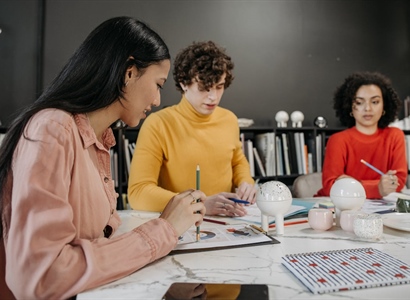Podcast

Building a Standout Guest Experience
By Hal Conick | 2/16/2026
As travelers seek deeper connections and more memorable stays, vacation rental managers are embracing local experiences—from curated tours to cookie recipes—as the new frontier of guest satisfaction, brand differentiation, and revenue growth.
Read More
Hospitality Truly Is a Vibe
By Douglas Kennedy | 2/9/2026
Although it seems more popular than ever, the word “vibe” has been part of contemporary vernacular for as long as I can remember. It’s a word I’ve often used in my vacation rental industry seminars, training articles, and presentations. Recently, while doing research for a groundbreaking new hospitality training course, I decided to dig deeper into this concept and was surprised to learn there was actual science behind the concept of hospitality vibes.
Read More
Podcast
